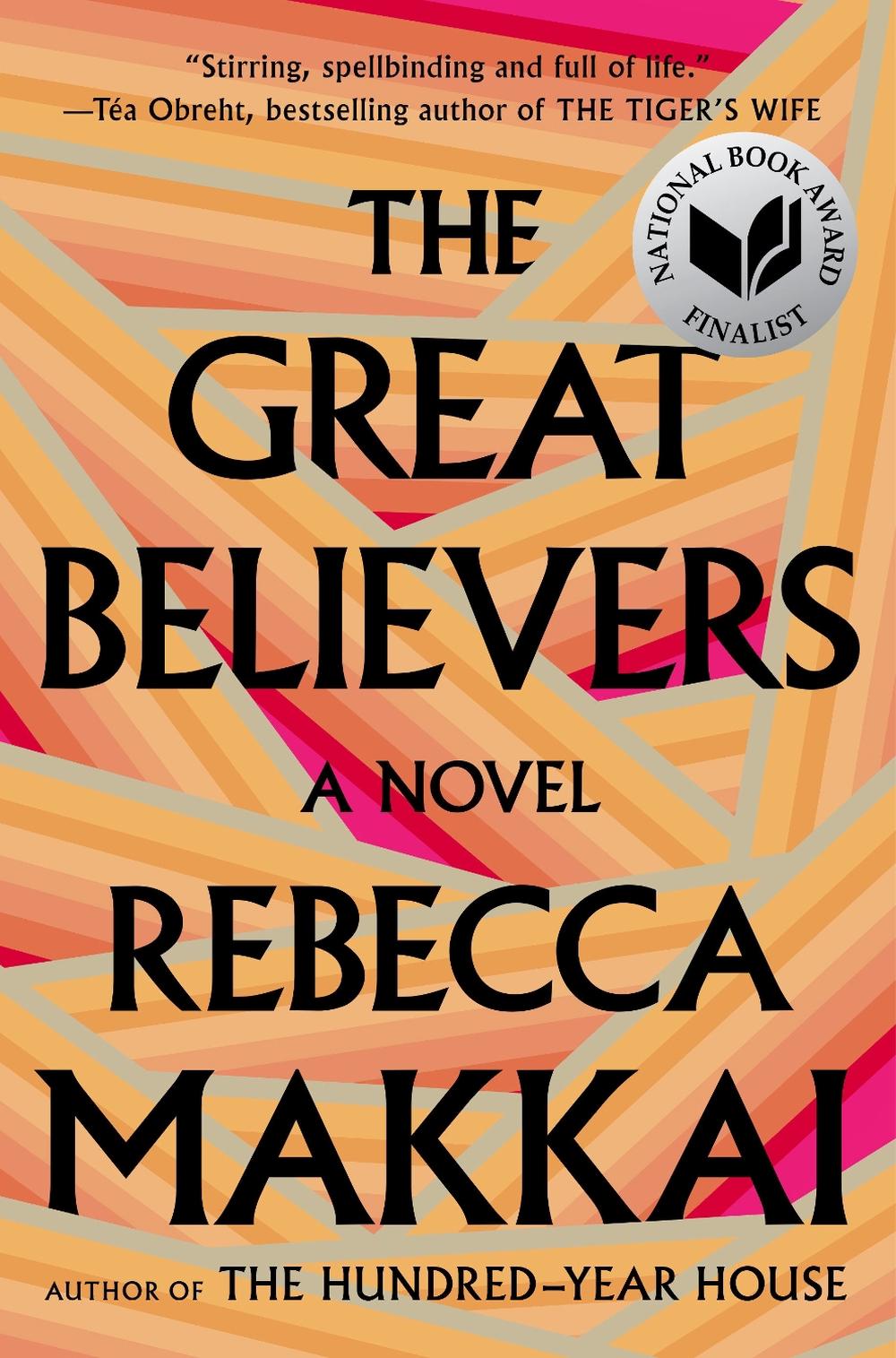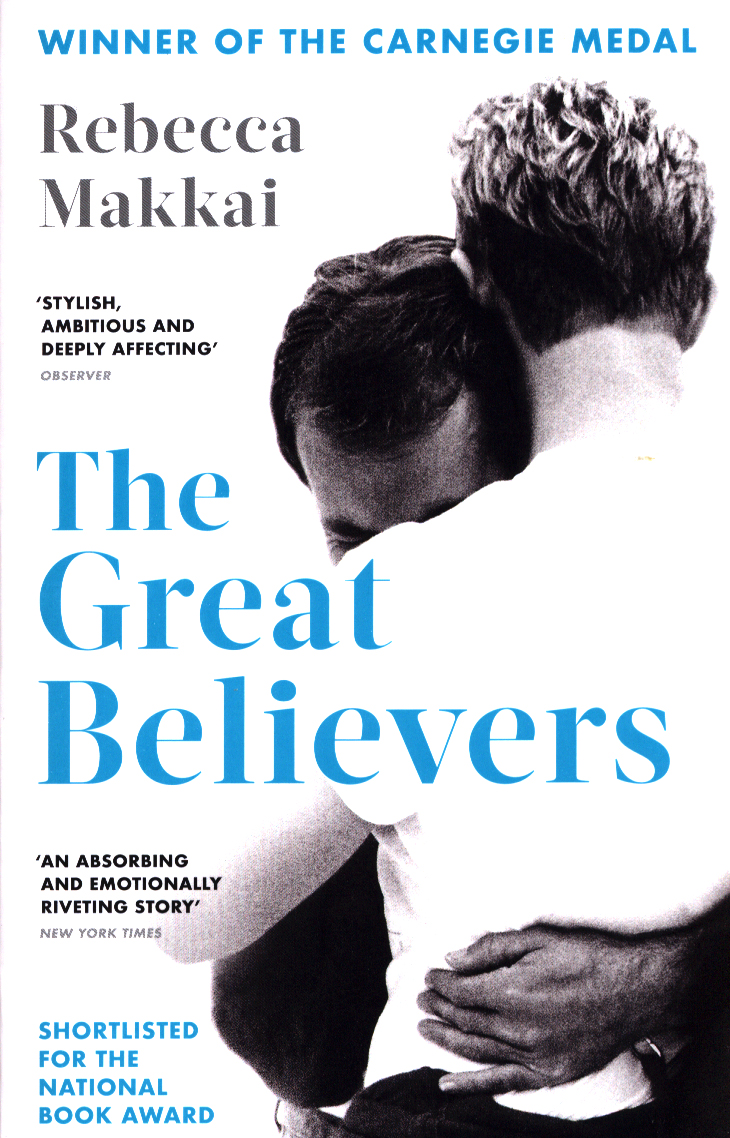

We should be studying the AIDS crisis as closely as we study any American war, and for the same reasons-namely, to understand America as it was and is, and to prevent this from happening again. If any of that last group picks up my book by mistake, I’ll be thrilled. There are plenty of people who have either been intimately involved with the AIDS fight or who have paid close attention to it, but we have a lot of people who are either too young to know about it all, or who were around but chose not to pay attention. People were out there fighting in the streets and in the hospitals and in the courtrooms for their own lives, and for the lives of those they loved. I really do think of The Great Believers as a war novel. No one’s gonna give you a Purple Heart.” To what extent do we, as a society, not understand the horrors of what AIDS victims, and their caregivers, went through? It’s like you’ve been in the trenches for seven years. It began with the words “You have to understand that everyone was dead.” I didn’t use that in the book-for one thing, it was a bit on-the-nose-but those parallels were the novel’s earliest backbone.Īt one point in the novel, a character describes the AIDS crisis: “This is a war, it is. In the early stages, as I searched for the connections between these two characters, I wrote a letter from Nora to Yale. It was really a matter of math, at first she couldn’t have lived past the 1980s, so now I had an art guy in the 80s, and realized it was an opportunity to write more deeply about AIDS, something I’d written just a bit about before. I knew that I wanted this old woman (Nora) at the end of her life looking back on her time in Paris, and I knew I wanted her in contact with an art guy (Yale) as she tried to donate sketches and paintings to his museum. Those parallels really started for me with character exploration. When did you first start thinking about the parallels between the Lost Generation in the 1920s and the generation that suffered through the AIDS crisis in the 1980s and 90s?

My book is mostly about the AIDS generation in Chicago, and only a little about the Paris arts scene before and after WWI, but I like that the title helps tie them together. Scott Fitzgerald essay called “My Generation.” I first encountered just the line “We were the great believers,” and was intrigued by the contrast between that and what Gertrude Stein had said to Hemingway (“You are all a lost generation.”) When I saw the full quote, which I use as an epigraph to the novel, I was even more struck by the question of what happens to the survivors of a decimated generation.

Why did you choose the title The Great Believers for your novel?


 0 kommentar(er)
0 kommentar(er)
